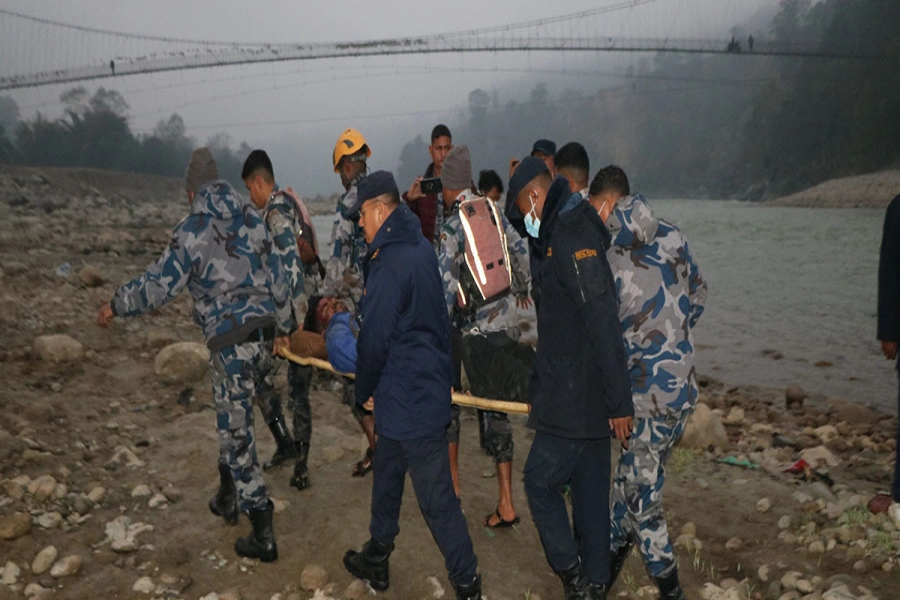BERLIN, Sept 24: With global temperatures rising, superstorms taking their deadly toll and a year-end deadline to firm up the Paris climate deal, leaders at this year’s U.N. General Assembly are feeling a sense of urgency to keep up the momentum on combating climate change.
That’s why, in between discussing how to tackle wars, poverty and deadly diseases around the world, leaders will be devoting substantial time in New York this week to the question of global warming and how to rein it in.
There’ll be the talk of emissions targets and the need to adapt to the inevitable changes already underway when small island states take the floor at the annual gathering. Ministers from major economies, meanwhile, will be meeting behind closed doors to discuss who will pay to help poor countries avoid the worst effects of global warming — and prevent a wave of climate refugees in future.
Outside the confines of the United Nations, campaigners and businesspeople will meet during New York Climate Week, while Wednesday will see the second edition of French President Emmanuel Macron’s One Planet Summit.
SHIFT for Our Planet: Youths urge authorities to make climate j...

About the only leader not expected to dwell on climate change is President Donald Trump, who last year announced his intention to withdraw the United States from the 2015 Paris accord. He says it represents a bad deal for the American people.
His stance isn’t shared by many U.S. governors, mayors and businesspeople who met recently in San Francisco for the Global Climate Action Summit, an event designed to show that parts of America are firmly behind the Paris agreement, with its ambitious goal of limiting the worldwide temperature rise by 2100 to less than 2 degrees Celsius (3.6 degrees Fahrenheit) and as close as possible to 1.5 degrees C.
“These meetings are incredibly important for building confidence and cooperation,” Svenja Schulze, Germany’s environment minister, told reporters on a recent conference call from Canada, where she was meeting with her counterparts from other Group of Seven countries.
By December, leaders need to agree on what’s known as the Paris rulebook, which sets out how countries will track their climate efforts in a way that is transparent, fair and meaningful, Schulze said. “All the conferences are building blocks leading up to that,” she said.
Like many European countries, Germany experienced an unusually dry summer this year, forcing the government to bail out thousands of farmers whose livelihoods were threatened by crop failures. Still, Europe’s largest economy keeps burning coal, considered the most harmful of all fossil fuels.
Failure to reach an agreement by the time the annual climate meeting is held in Katowice, Poland, would mark a major setback for the 180 countries that have ratified the Paris accord.
If the combined glamor, wealth and power assembled in New York don’t do the trick, the latest report of the Intergovernmental Panel on Climate Change, or IPCC, being released at the beginning of October might well focus minds.
The report, condensing the findings of the world’s top climate scientists, is expected to say that the toughest target set in Paris three years ago — of keeping warming at 1.5 degrees Celsius — will be almost impossible to meet. Average global temperatures have already risen by almost 1 degree Celsius since the start of the industrial age, and the existing amount of greenhouse gases in the atmosphere mean a further rise is inevitable.
Speaking two weeks ago, U.N. Secretary-General Antonio Guterres warned that the world must shift away from fossil fuels by 2020 to prevent what he called “runaway climate change.”
The impact that such a planetary change could have was brought home to millions in recent weeks, with the onslaught of Hurricane Florence and Typhoon Mangkhut, which experts say could become the new norm for storms in a warming world.







































